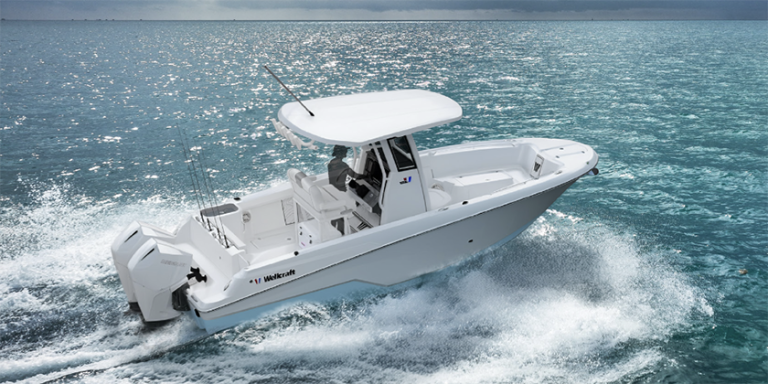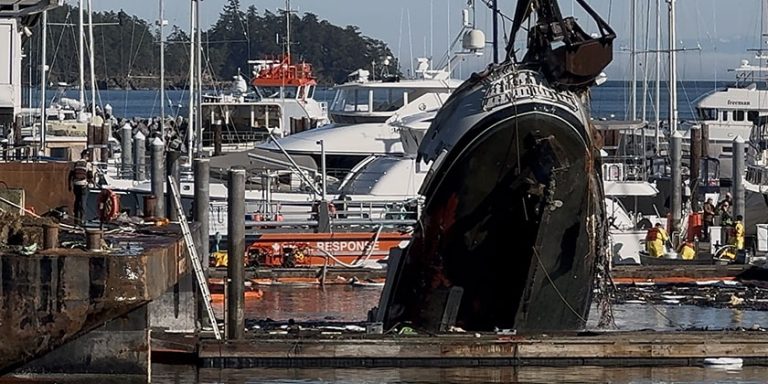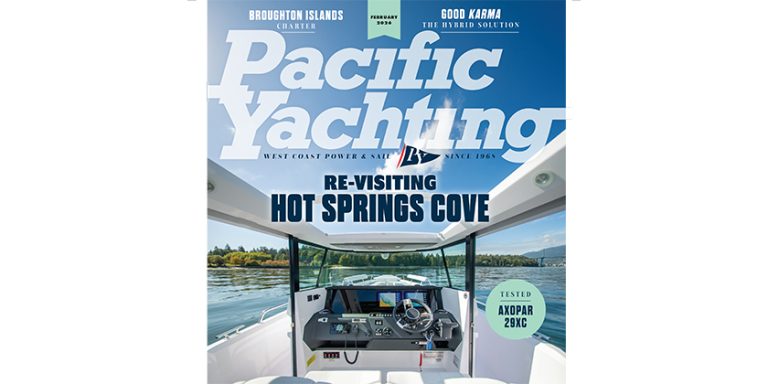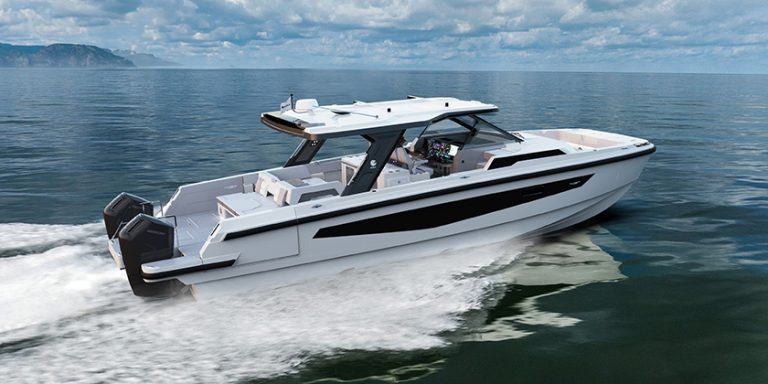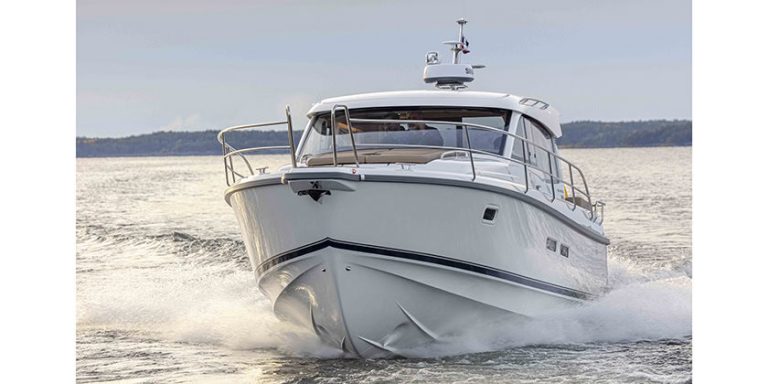Distressing Situation Flares Up Again!
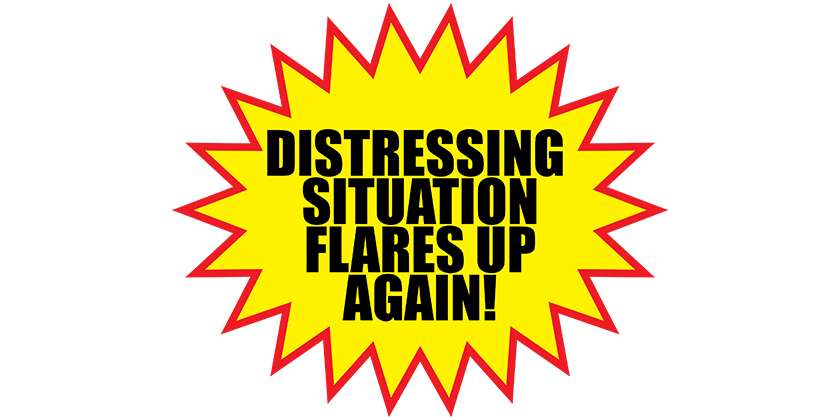
June 27, 2024
By Andy Adams
This all started innocently enough when a friend of mine purchased a (new to him) brokerage boat. The previous owner left a lot of equipment on board including a locker full of expired distress flares. My friend called to ask what to do.
Well, flares are highly regulated; you can’t set them off, you can’t throw them in the garbage and you have to replace them with new flares that are within their expiry date or you risk substantial fines. We have learned that in the past, in some areas, the fire department or police would take expired flares but very few will still accept expired flares now.
Distress flares are classified as hazardous materials or explosives and most couriers and mail carriers will not accept them. Those that will accept these hazardous materials, charge big money. We have heard costs like $85.00 a box is not uncommon.
Our hat is off to the marine retailers who do have a flare return program. For example, Steveston’s in BC has a spring flare return program. Fogh Boat Supplies at #1 Port Street East in Port Credit are holding flare collection days on Friday, July 26 and Saturday, July 27 at their store. Customers can bring in up to 24 marine flares of any brand on those two days. It has to be an in-person drop off and no bulk drop-offs.
NOTE: If you are a marine retailer who offers a flare collection and disposal program, and you would like us to list that event to our Canadian Boating magazine and Onboard Digest readers, please send your name, address, website and collection dates to me: aadams@kerrwil.com
But what started this story off was my friend’s new brokerage boat and the load of expired flares he found onboard. My first recommendation to him was to contact CanBoat (the Canadian Power and Sail Squadrons) and to take the flares to their summer flare disposal events. These have been held across Canada for a decade or more. They were operated by CanBoat member volunteers in concert with CIL who covered some of the costs and in that time, 200,000 flares have been collected and disposed of at no charge to the boaters.
It was a model program and very successful but this year, CanBoat’s application for government funding was not renewed. We don’t know exactly why such a successful program was not funded again, but in my opinion, as long as the distress flares are regulated and required, and as long as flares expire and have to be disposed of, the comparatively small cost that Transport Canada covered, was a bargain.
If you are a boater impacted by this loss of funding, I suggest that you write to the Minister in charge of Transport Canada. Perhaps this subject will be reconsidered in the near future.
For further information about CanBoat (Canadian Power and Sail Squadrons) visit: www.cps-ecp.ca.

